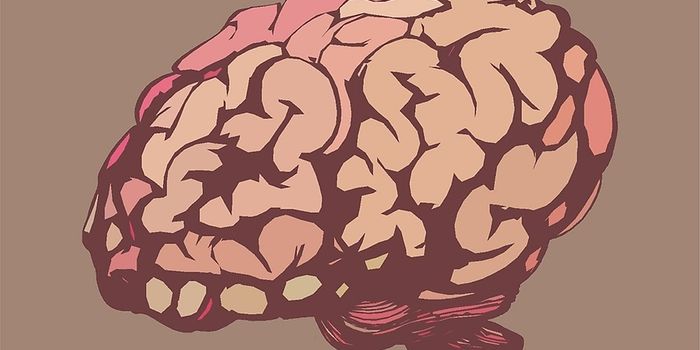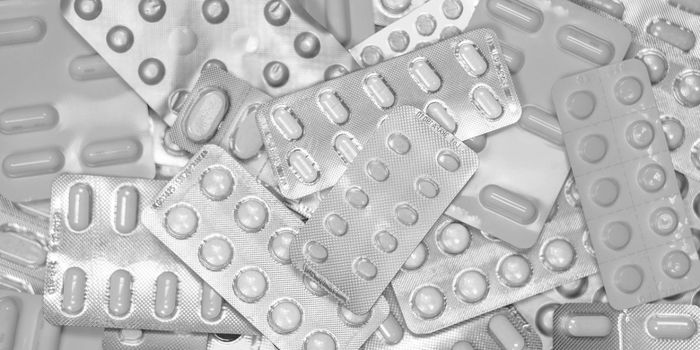Blood-Brain Barrier Damage is Linked to Disease But Might be Fixable
The blood-brain barrier is a unique membrane that shields the central nervous system from harm. This physiological barrier is formed by a network of cells and blood vessels that carefully regulates the passage of molecules, cells, and materials between circulating blood and the brain. A variety of brain disorders have been associated with defects in that network. Researchers have now developed a novel type of drug that seems to repair those defects. In mouse models, these therapeutics effectively reduced lesions that occur in the brain after a stroke, and reduced the progression of glioblastoma, a common type of brain cancer.
In recent work reported in Science, researchers led by Professor Benoit Vanhollebeke of the Free University of Brussels (ULB) studied molecules that are involved in the development of the blood brain barrier. They theorized that some of these molecules could help repair blood-brain barrier damage. The team found that a signaling protein called Wnt7a/b, which can act on a variety of biochemical pathways, could impact the blood-brain barrier through a membrane complex called Gpr124/Reck (G protein–coupled receptor Gpr124 and the glycosylphosphatidylinositol-anchored glycoprotein Reck).
The researchers tested molecules that can activate Gpr124/Reck in various models, and found that they were well-tolerated. The drugs were also able to help restore function to blood vessels that had become too permeable. The integrity of the blood brain barrier was also boosted by Gpr124/Reck agonists; molecular and cellular features that demonstrate a strict regulation of how materials are exchanged were observed. In animal models, the drugs helped strengthen the blood brain barrier and slow the progression of various disease states.
These drugs were found to act in a very selective way, noted the researchers. "One of the most fascinating aspects of this study is the level of specificity with which pathological brain vessels respond to this experimental treatment," said Vanhollebeke.
As they engineered this "new class of molecules," the scientists were "inspired by the natural developmental process. The drugs they created "are able to reach their therapeutic target efficiently," and left other healthy tissues in the body unperturbed. "On a fundamental basis, this level of specificity seemed a priori out of reach," added Vanhollebeke.
Now, the researchers want to find out whether these drugs can help treat other brain disorders as well. Vanhollebeke and the ULB have also founded a company NeuVasQ Biotechnologies to bring together public and private investors, and take this neurovascular treatment to the clinic.
Sources: Université libre de Bruxelles (ULB), Science









